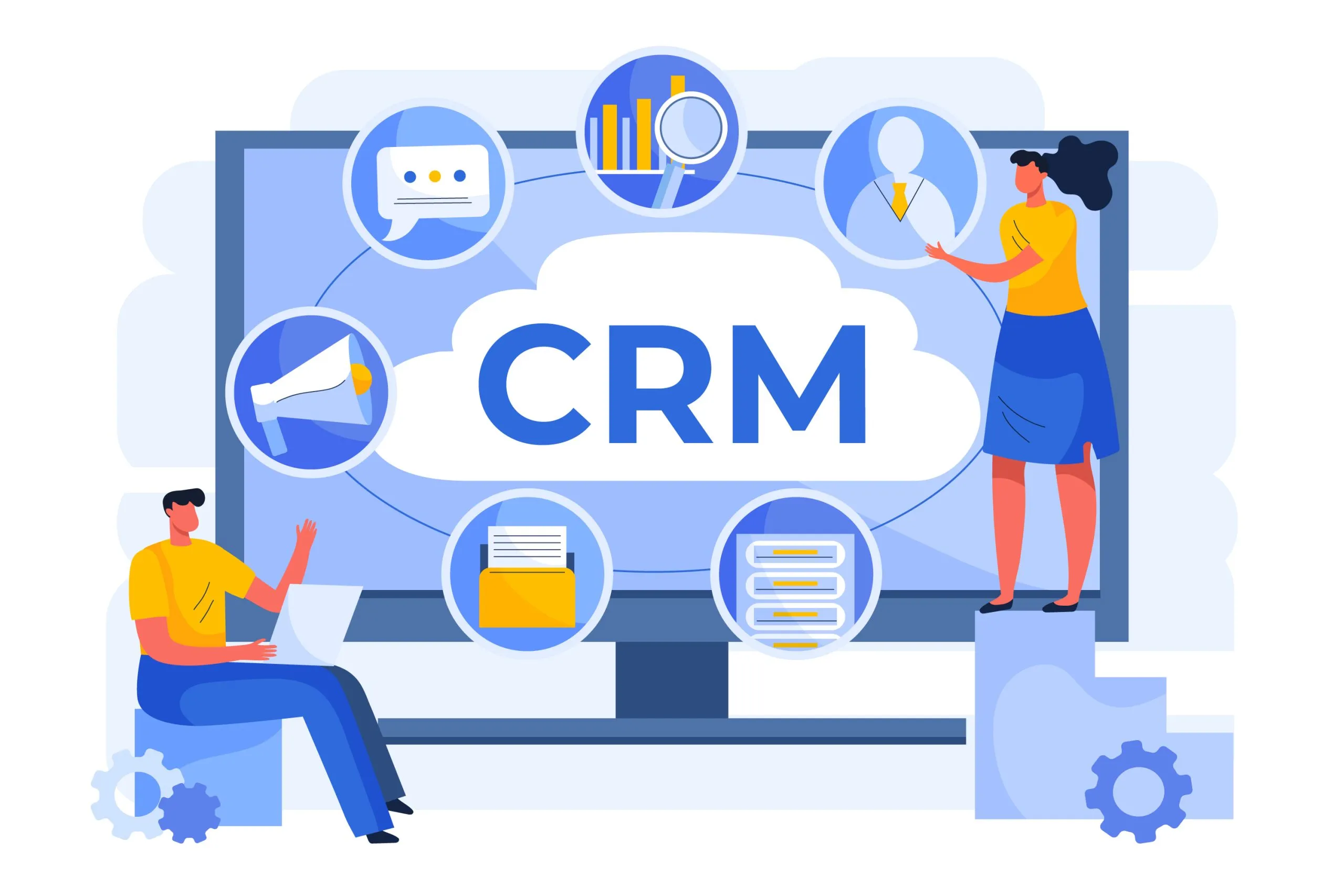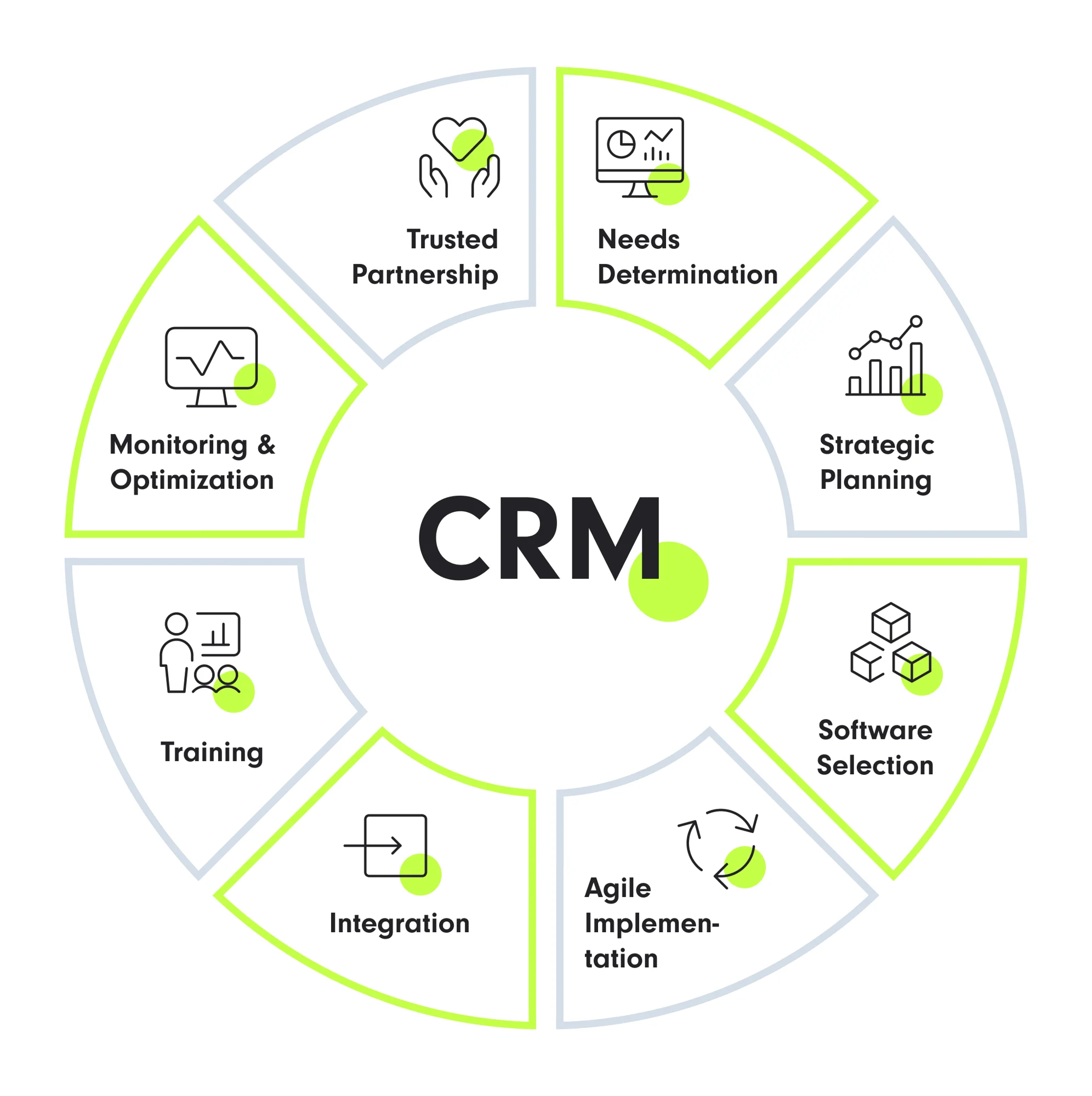Customer Relationship Management (CRM): Tools and Techniques for Building Customer Loyalty
In today's competitive business landscape, building and maintaining strong relationships with customers is essential for long-term success. Customer Relationship Management (CRM) encompasses strategies, tools, and techniques used by businesses to manage interactions with current and potential customers, with the goal of fostering loyalty and enhancing customer satisfaction. Let's explore some CRM tools and techniques for building and nurturing customer relationships:


CRM Software
Centralized Data Management
CRM software platforms, such as Salesforce, HubSpot, and Zoho CRM, provide businesses with a centralized database to store customer information, including contact details, purchase history, communication preferences, and interactions across multiple channels.
Sales and Marketing Automation
CRM software automates repetitive tasks and workflows, such as lead scoring, email marketing, and follow-up reminders, streamlining sales and marketing processes and enabling teams to focus on building relationships and driving revenue.
Customer Data Analysis
Data Analytics
Analyzing customer data and metrics, such as customer demographics, behavior patterns, and purchasing habits, allows businesses to gain insights into their target audience, identify trends, and tailor marketing campaigns and offerings to meet customer needs and preferences.
Predictive Analytics
Predictive analytics techniques, such as machine learning and predictive modeling, enable businesses to forecast customer behavior and anticipate future trends, allowing for proactive decision-making and personalized customer experiences.
Personalization
Tailored Communication
Personalizing communication with customers based on their preferences, interests, and purchase history helps businesses build rapport and foster a sense of connection and loyalty. This can include personalized emails, offers, recommendations, and targeted advertising.
Customized Products and Services
Offering customized products or services that cater to the specific needs and preferences of individual customers enhances their satisfaction and loyalty. This can involve personalized product recommendations, customization options, and loyalty rewards programs.
Multichannel Engagement
Omnichannel Integration
Providing a seamless and consistent experience across multiple channels, such as email, social media, website, and mobile apps, ensures that customers can interact with your brand wherever and whenever they choose, enhancing convenience and accessibility.
Social CRM
Engaging with customers on social media platforms, such as Facebook, Twitter, and Instagram, allows businesses to build relationships, gather feedback, address concerns, and showcase their brand personality, fostering loyalty and advocacy among followers.
Customer Support and Feedback
Responsive Support
Providing timely and responsive customer support through various channels, such as phone, email, live chat, and self-service portals, demonstrates a commitment to customer satisfaction and builds trust and loyalty.
Feedback Mechanisms
Seeking feedback from customers through surveys, reviews, and social media listening allows businesses to understand customer perceptions, identify areas for improvement, and demonstrate a willingness to listen and adapt based on customer input.
Relationship Building
Relationship Management
Investing in relationship-building activities, such as personalized interactions, loyalty programs, exclusive events, and community engagement initiatives, strengthens connections with customers and fosters a sense of loyalty and belonging.
Employee Training
Empowering employees with the knowledge, skills, and tools to deliver exceptional customer experiences ensures that every interaction with customers is positive and memorable, enhancing satisfaction and loyalty.


Effective Customer Relationship Management (CRM) is essential for building and nurturing strong relationships with customers, driving loyalty, and maximizing lifetime value. By leveraging CRM tools and techniques, businesses can centralize customer data, analyze insights, personalize communication, engage across multiple channels, provide exceptional support, gather feedback, and invest in relationship-building activities. By prioritizing customer relationships and delivering value at every touchpoint, businesses can differentiate themselves in the marketplace and cultivate a loyal and satisfied customer base.












